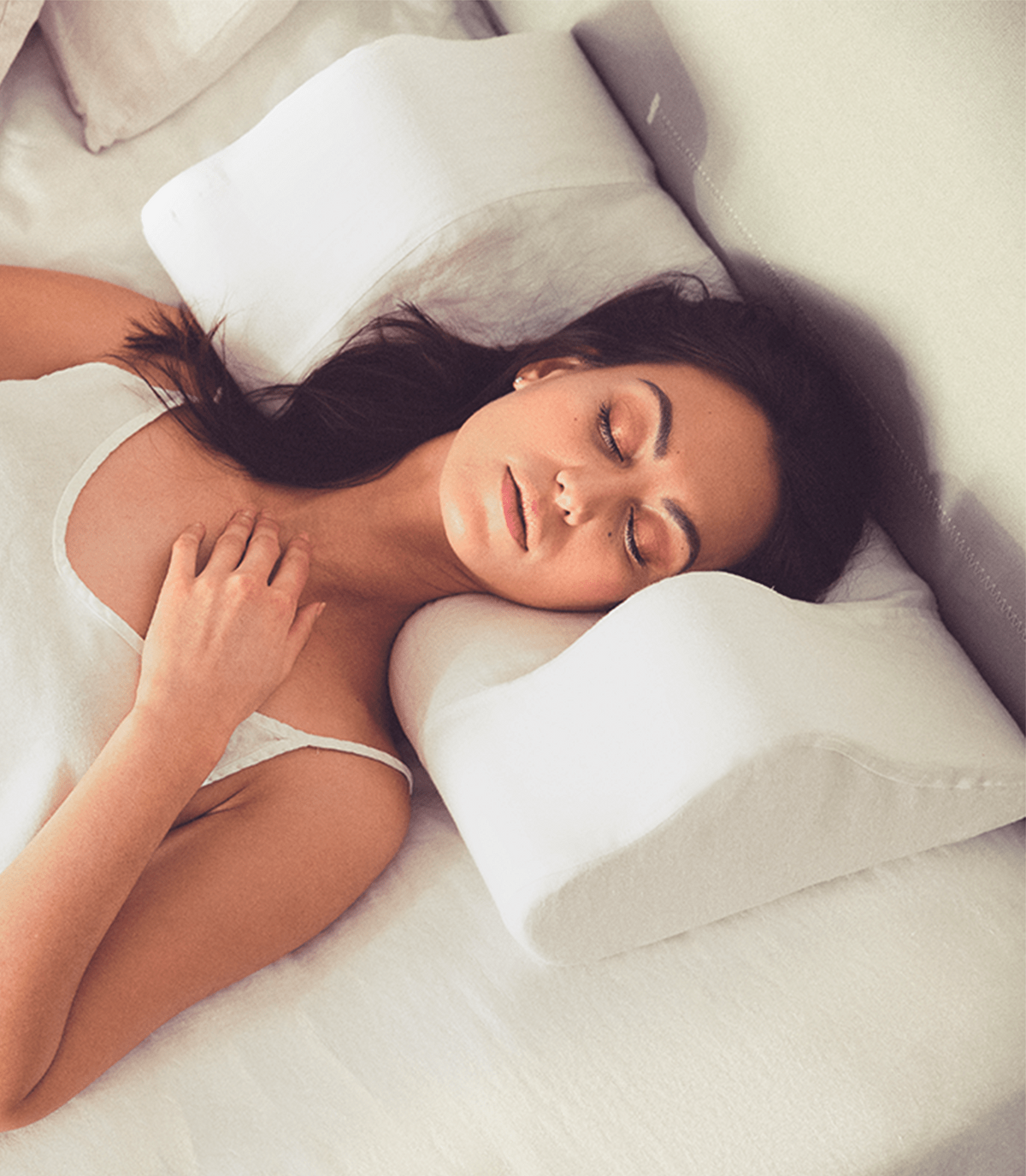At Hyoumankind, we believe that when you rest well, everything else becomes possible. Energy, focus, emotional balance. even longevity.
Yet sleep is often the first thing we compromise in busy lives. According to Sleep Expert and Neuroscience Professor Matthew Walker, 1 in 3 people aren’t getting the sleep they need—and the consequences run deeper than we realise.
But there’s good news: it’s never too late to start sleeping better. And even small changes can make a lasting difference.
Sleep: “The Elixir of Life”
In Walker’s bestselling book, Why We Sleep, he calls sleep “the elixir of life”—a biological necessity that supports nearly every function of the brain and body.
Getting enough quality sleep each night has been shown to:
- Strengthen the immune system
- Support memory and learning
- Reduce the risk of Alzheimer’s disease and certain cancers
- Improve mood, focus, and emotional regulation
- Enhance creativity and problem-solving
- Help regulate appetite and metabolism
Sleep isn’t a passive state—it’s an active, intelligent process that allows your body and mind to reset, repair, and prepare for the day ahead.
What happens when you sleep?
Every 90 minutes during sleep, your brain cycles between two distinct phases: non-REM and REM sleep. Both are essential, and each plays a different role.
Non-REM Sleep
- Strengthens and consolidates information you’ve learned
- Helps store memories in the brain’s long-term archive
- Restores the immune system, restocking its “arsenal”
- Offers deep physical and mental rest
REM Sleep
- Boosts creativity by connecting new and old ideas
- Acts as a “nocturnal soothing balm” for emotional health
- Helps with problem-solving and emotional regulation
- Keeps the brain active—up to 30% more active than when you’re awake!
- By cycling through both phases of sleep throughout the night, your body performs its most important housekeeping—physically, mentally, and emotionally.
The real-world impact of sleep
The effects of disrupted or insufficient sleep can show up in surprising places. For example:
- After losing just one hour of sleep during daylight savings, heart attack rates increase by 24%
- Judges have been found to give harsher sentences the day after losing an hour of sleep
- People sleeping fewer than 6 hours per night are more likely to suffer from chronic conditions like diabetes, cardiovascular disease, and depression
The more we understand how sleep works, the more we can support our health in the most natural way possible.
The takeaway: it all begins with sleep
You don’t need to overhaul your entire routine overnight. Just begin with awareness and one small shift at a time—whether it’s reducing screen time in the evening, creating a darker sleep space, or going to bed 15 minutes earlier.
And most importantly, it’s never too late to start sleeping well.
Up next in our sleep series:
Inside the sleep cycle: REM vs NON-REM. What actually happens while you sleep, and why both stages matter.
Resources for deeper reading:
- Why We Sleep by Matthew Walker (book)
- Matthew Walker’s MasterClass on Sleep
- Walker’s TED Talk: “Sleep is your superpower”
Want more practical tips for better rest?
Explore our Simple Sleep Guide or sign up by finding out your Sleep Chronotope, and receive the full series straight to your inbox.














